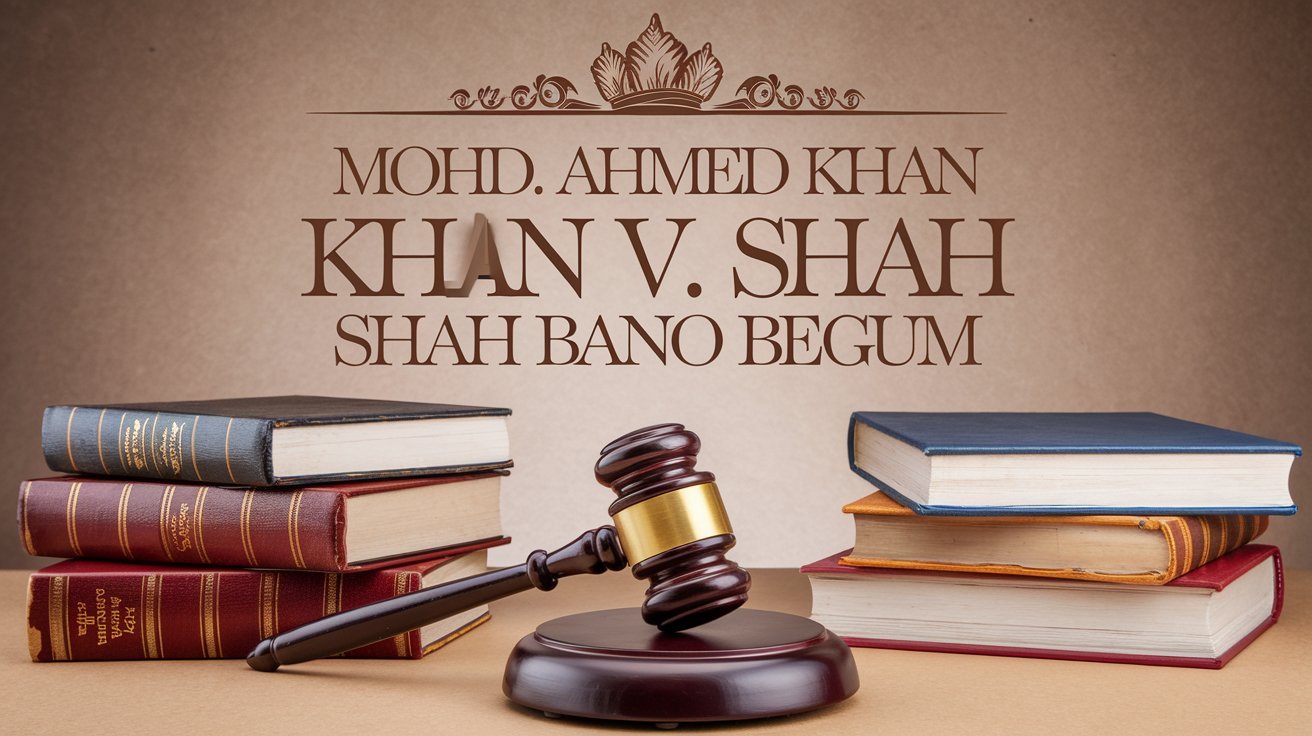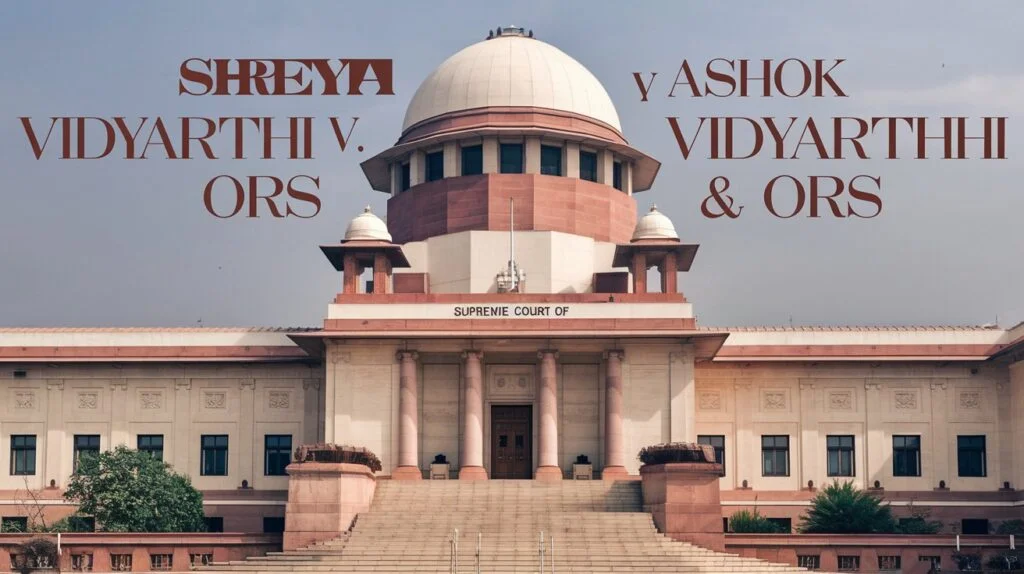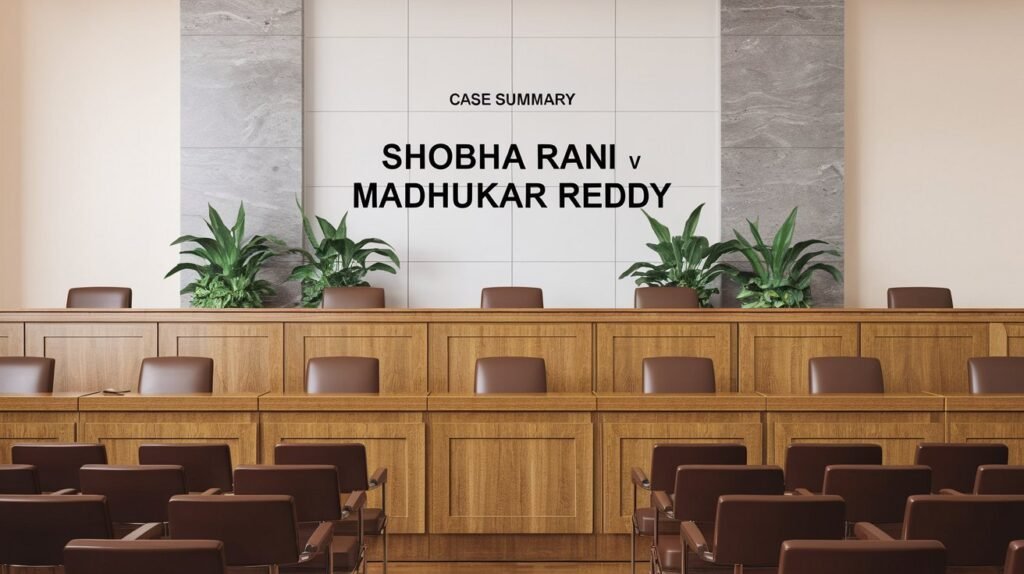Mohd. Ahmed Khan v. Shah Bano Begum AIR 1985 SC 945 (Case Summary)

In the landmark case of Mohd. Ahmed Khan v. Shah Bano Begum, the Supreme Court of India addressed the issue of maintenance rights for divorced Muslim women under Section 125 of the Criminal Procedure Code (CrPC). This judgment is significant because it upheld the right of a Muslim woman to claim maintenance from her husband beyond the period of Iddat, sparking a nationwide debate on personal law versus the constitutional right to equality.
Table of Contents
ToggleFacts of Mohd. Ahmed Khan v. Shah Bano Begum
- Shah Bano Begum, a 62-year-old Muslim woman, was divorced by her husband, Mohd. Ahmed Khan, who had refused to pay her maintenance beyond the Iddat period (three months post-divorce).
- Shah Bano filed a petition under Section 125 CrPC, seeking maintenance from her former husband, claiming that she was unable to support herself financially.
- Mohd. Ahmed Khan argued that under Muslim personal law, his obligation to pay maintenance ended after the Iddat period, and that he was not required to provide financial support beyond that.
Issues framed
- Whether Section 125 CrPC, which mandates maintenance for wives, children, and parents, applies to divorced Muslim women?
- Whether Muslim personal law overrides the secular provisions of Section 125 CrPC, particularly with respect to a Muslim woman’s right to maintenance after the Iddat period?
Subordinate Court Judgment
The trial court awarded maintenance to Shah Bano under Section 125 CrPC, rejecting the husband’s claim that his liability ended after the Iddat period.
The Madhya Pradesh High Court upheld the trial court’s decision, affirming that Section 125 CrPC was applicable to Shah Bano’s case.
Judgment of Mohd. Ahmed Khan v. Shah Bano Begum
The Supreme Court examined the provisions of Section 125 CrPC, which provides maintenance to wives, children, and parents, and considered its applicability to Muslim women.
The Supreme Court held that Section 125 CrPC is a secular law that applies to all citizens, irrespective of religion. It stated that a divorced Muslim woman is entitled to claim maintenance from her former husband if she is unable to support herself, even after the Iddat period. The Court noted that the husband’s liability under CrPC is independent of personal law, as Section 125 aims to protect dependents from destitution.
The Supreme Court ruled in favor of Shah Bano, directing Mohd. Ahmed Khan to pay for her maintenance. The Court held that personal laws cannot override statutory provisions aimed at securing basic human rights like maintenance. It emphasized that Section 125 CrPC takes precedence over personal law to ensure that divorced women, regardless of their religion, are not left destitute. This judgment triggered significant controversy, ultimately leading to the enactment of the Muslim Women (Protection of Rights on Divorce) Act, 1986.





